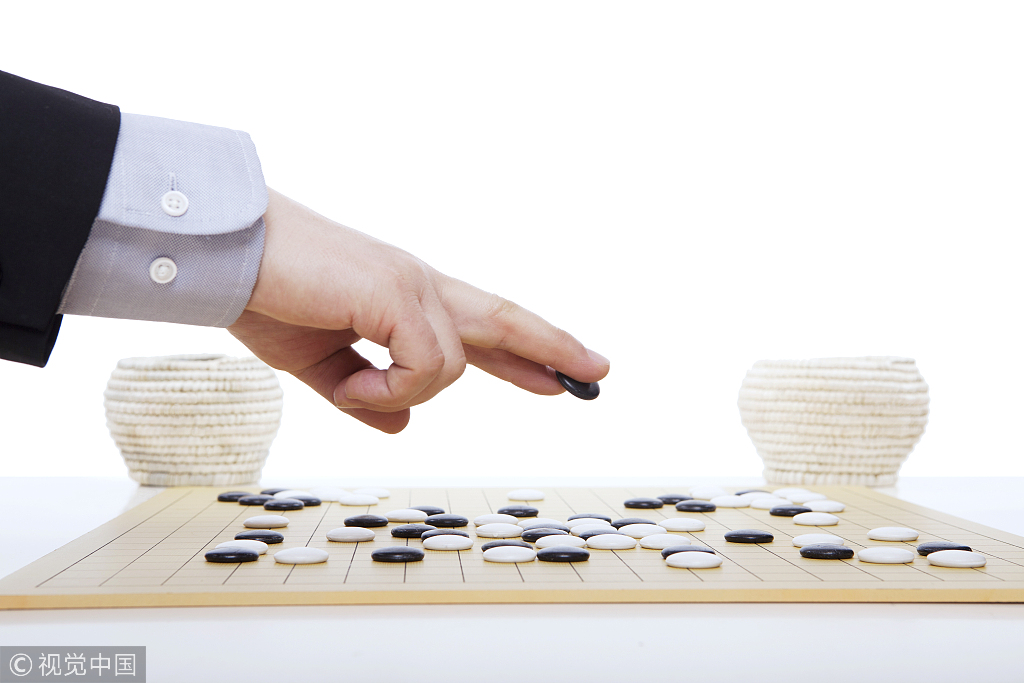The Sino-US trade war has started. The US has kept escalating its trade provocations. Ignoring warnings from Beijing, US President Donald Trump threatened to fight back harder if retaliatory measures were adopted by China. Initial trade agreements achieved in recent talks have been shredded.

Photo: VCG
The first moves by the two parties won't be permanent and more cards will be played. But we can also see that the impact of these tariffs on the economies of China and the US, as well as the impact on international financial markets, is not very big compared to the total economic activity and bilateral trade volume of the two nations.
More importantly, how long and how fierce will the trade war be? What is the bottom line of Trump and what does he really want? These are the real concerns.
Most analysts believe that the reason why Trump provoked trade wars around the world lies in his "America First" ideology. He is also navigating international relations in a unilateral way.
Hence, the Trump administration always finds pretexts. For instance, Trump blames Sino-US trade friction for the trade deficit. He accuses China of violating its promise to open up the service and the financial industry it made when entering WTO. He says the "Made in China 2025" plan has too much government involvement. He complains about Chinese companies forcing US firms to hand over key core technologies, and about China undermining the basic principles of international free trade.
However, all these accusations are not the real problems, nor do they show Trump's real intentions.
In reality, under a free trade market system, with developed financial markets and complete currency dominance in the international system, the larger a country's trade deficit is, the more benefits it will obtain through comparative advantages.
A huge trade deficit also means access to goods of the best quality from all other countries, making its own people enjoy the world's best commodities. This is the real situation of the US.
Without a huge trade surplus with other countries, it is impossible for the US financial markets to flourish.
Besides, the high consumption power of US residents is also related to this trade advantage. Trump, as a businessman, is certainly clearer than anyone else about this. However, he twists the situation into excuses.
Trump has been a businessman for decades, or more exactly a shrewd digger of benefits. Although Trump became the president of the US, he is by no means a statesman, let alone a person who can drive history.
In fact, Trump is simply playing to voters. This is probably the bottom line of Trump's Sino-US trade war. The Chinese government should deeply consider countermeasures to this Sino-US trade war.
First, we should make Trump's fatal weakness clear. That is, he is a businessman instead of an aspiring statesman, which should be an important starting point in China's trade negotiations. This requires the Chinese government to retreat for the sake of advancing and exchange long-term meaningful interests with instant benefits.
Second, the bottom line of Trump's trade war game is how to meet the expectations of voters, especially potential voters in the short term. As it is difficult to cater to unpredictable voters, Trump's moves in the trade war will certainly change with time.
Under such circumstances, the Chinese government does not need to respond to Trump's every move. Upholding essential positions will bring opportunities for victory.
Indeed, the prosperity of our own economy is the most important point.
To achieve this, efforts should be made not only to eliminate various hidden problems in the Chinese economy, but also to promote opening-up and reform so that the Chinese economy will become more market oriented.
The author is a professor with the College of Economics at Qingdao University.


